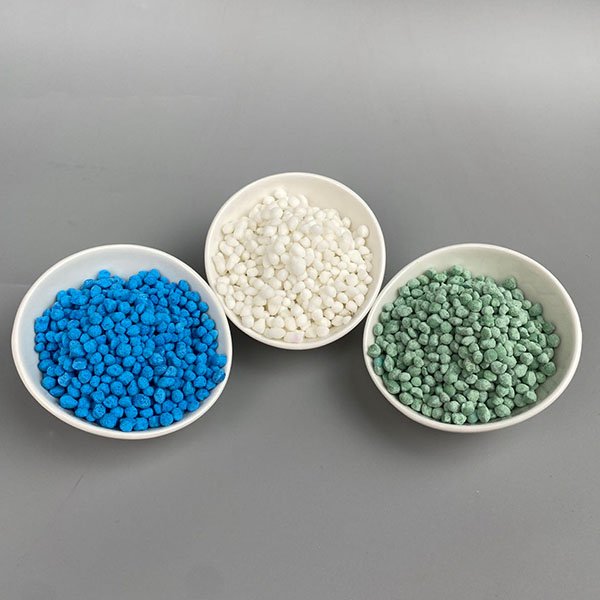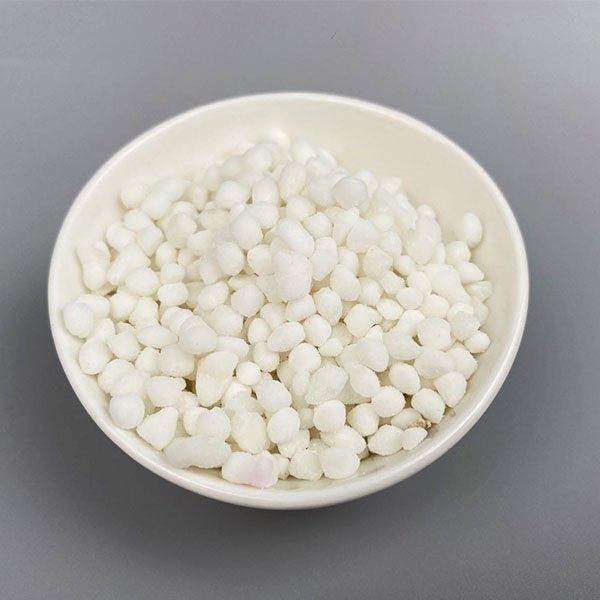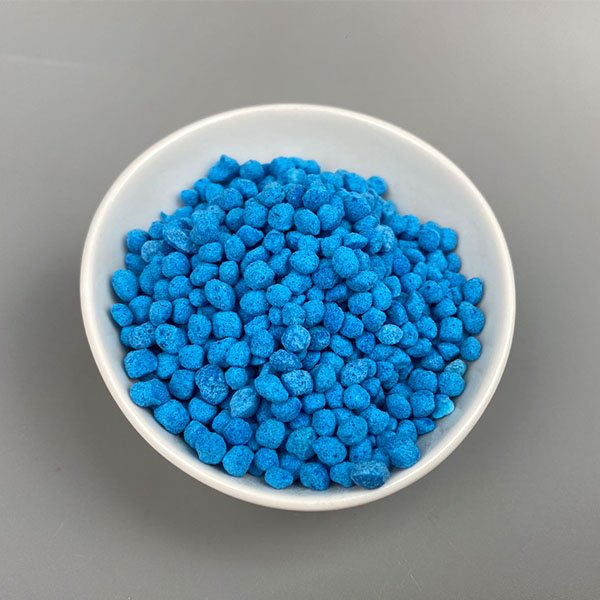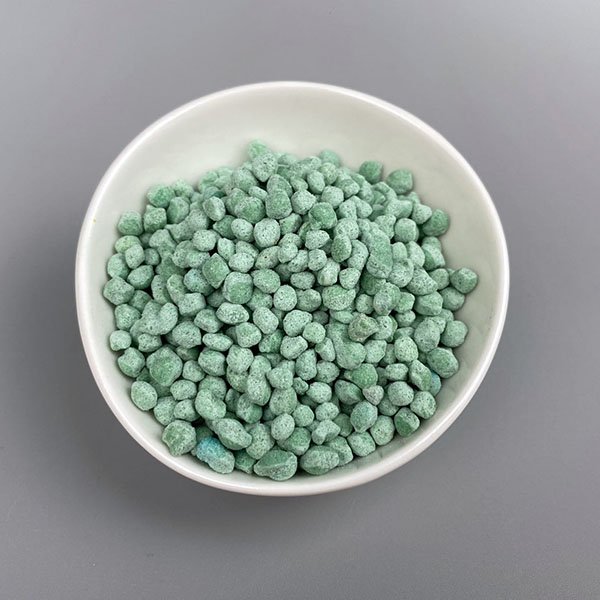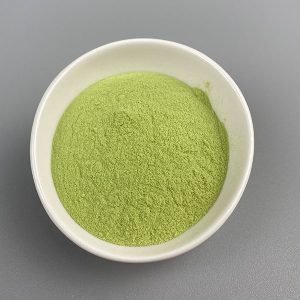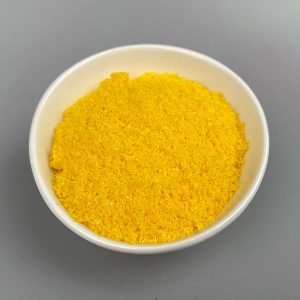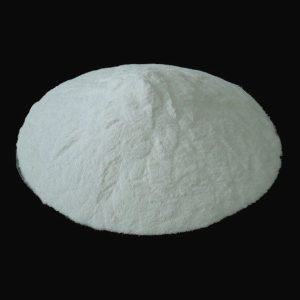Ammonium sulphate is a commonly used nitrogen fertilizer with the chemical formula (NH4)2SO4. It is a white or light yellow crystal with low hygroscopicity, not easy to agglomerate, easy to preserve, and easily soluble in water.
1. The role of ammonium sulphate fertilizer
Ammonium sulphate fertilizer is rich in nitrogen and can provide nutrients needed for plant growth. Nitrogen is an important component for plants to synthesize protein and chlorophyll, and is crucial to plant growth and development.
At the same time, ammonium sulfate fertilizer also contains sulfur, which is one of the necessary nutrients for plants. Sulfur is involved in the synthesis and activity regulation of various enzymes in plants, and plays an important role in regulating photosynthesis and nutrient absorption of plants.
2. Common application methods of ammonium sulphate
- As base fertilizer. Applied to the soil before sowing, and then plowed deeply to mix the fertilizer and soil evenly. This provides the nutrients the crop needs throughout its growth cycle.
- As top dressing. According to the growth needs of the crop and the fertility of the soil, an appropriate amount of ammonium sulfate is applied during the growth period of the crop to supplement the nitrogen content in the soil.
- Used as seed fertilizer. The fertilizer is spread into the soil together with the seeds when sowing to provide nutrients needed for the early growth of the crop.
3. Precautions for use
- Control the amount of fertilizer applied. The amount of ammonium sulphate fertilizer needs to be determined according to the fertility of different crops and soil. Excessive application may cause the crops to grow elongated and even cause seedling burning.
- Pay attention to the timing of fertilization. When using ammonium sulfate in dry land, you need to pay attention to timely watering to prevent evaporation or loss of fertilizer; when using it in paddy fields, it needs to be drained first and applied simultaneously with plowing.
- Avoid mixing with alkaline fertilizers. Mixing ammonium sulfate with alkaline fertilizers may produce ammonia gas and reduce fertilizer efficiency, so mixing should be avoided.
- Since ammonium sulfate fertilizer contains sulfur, excessive use may lead to the accumulation of sulfur in the soil and cause environmental pollution. In addition, the acidity of ammonium sulfate may also have certain adverse effects on soil microbial activity and soil structure.
In short, when using ammonium sulfate fertilizer, the amount and timing of fertilizer application need to be determined according to the needs of different crops and soils, so as to maximize its fertilizer effect while minimizing the negative impact on the environment.

